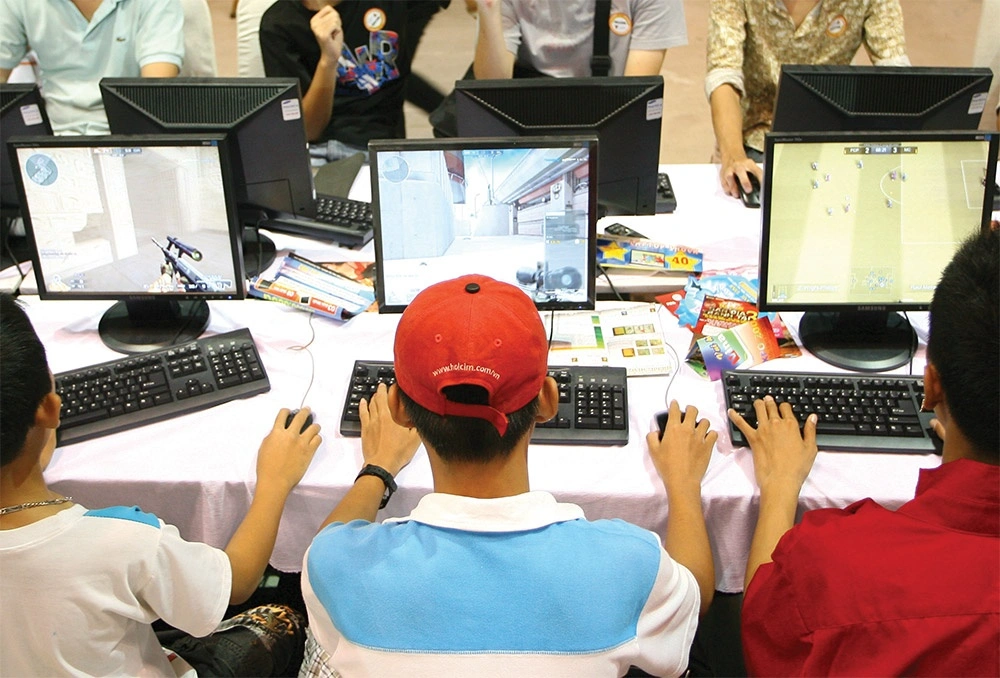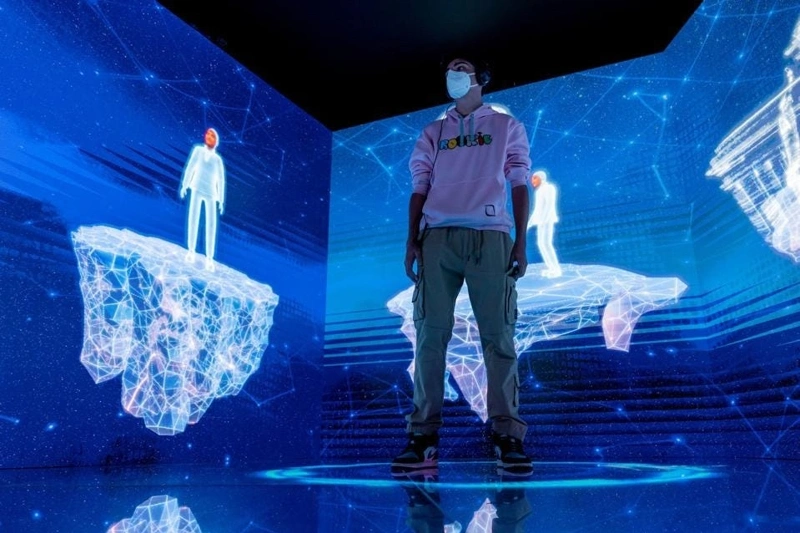The Metaverse Trend in 2025: A Quiet Evolution Behind the Scenes
June 19, 2025

The metaverse trend in 2025 looks nothing like the flashy, speculative vision many had a few years ago. And yet, despite a drop in headlines and investor hype, it hasn’t disappeared. Instead, it’s reshaping itself—slowly, steadily—in the hands of communities, game developers, and startups, many of them far from Silicon Valley.
One unlikely hotspot? Vietnam.
From Buzzword to Backbone: The Maturation of Web3 Gaming
When the term metaverse became mainstream, it was often paired with vague promises of virtual malls, holographic meetings, and VR concerts. But by 2025, that narrative has thinned out. What remains is more grounded: Web3 gaming, where decentralized ownership, community-driven design, and token-based economies thrive.
Games today don’t just take place in the metaverse—they are the metaverse. And many of these game-worlds are being built by Vietnamese blockchain developers, who learned hard lessons during the volatile NFT cycles of the early 2020s.
Ho Chi Minh City has seen a quiet rise of new studios experimenting with cross-platform, low-barrier-access games that allow players to trade, earn, and shape game economies. These platforms don’t talk about “the metaverse”—they function as one.
Vietnam’s Role in the Rebuilding of the Metaverse Trend

Credit from IMARC Group
Despite limited global spotlight, Vietnam’s role in the metaverse trend has grown organically. Young developers, many of whom cut their teeth during the mobile gaming boom, are now pivoting toward blockchain integrations and interoperable gaming ecosystems.
In 2025, Vietnamese blockchain gaming startups like Sipher and Heroes & Empires are not aiming to create massive, centralized VR spaces. Instead, they’re building playable, persistent micro-worlds—modular, tokenized, and surprisingly sticky.
It’s less about creating a singular destination and more about linking digital experiences together. This modular approach is gaining quiet traction not just in Vietnam, but across Southeast Asia.
Web3 Gaming Vietnam: Where Culture Meets Code

Credit from Vietnam Investment Review – VIR
There’s a local flavor to how Web3 gaming in Vietnam is evolving. It’s collaborative, flexible, and often deeply community-centric. Telegram groups, Discord servers, and informal in-person meetups are where much of the real work happens.
One startup founder in Da Nang described their game as “a social network disguised as a dungeon crawler.” It’s this blend of entertainment, identity, and communication that’s keeping the idea of a metaverse relevant—even if no one’s calling it that anymore.
This evolution aligns with Vietnam crypto trends in 2025, where consumer interest has shifted from speculation to utility. Rather than chasing token pumps, users are more interested in what they can do with their digital assets.
Looking Beyond the Hype: Real Use Cases Emerge

Credit from Vietnam Economic Times – VnEconomy
Globally, interest in the metaverse has softened. Tech giants have quietly shelved or rebranded metaverse initiatives. But in Vietnam, smaller players are finding narrow, workable uses for immersive digital experiences.
Examples range from gamified education apps to decentralized freelance marketplaces operating in 3D environments. Some metaverse startups in Vietnam are also experimenting with VR/AR integration in real estate tours and urban planning.
The adoption of metaverse technology in Vietnam seems to follow a clear pattern: start small, solve specific problems, and build from there. It’s a far cry from the billion-dollar moonshots of 2021—but perhaps that’s a good thing.
Conclusion on Metaverse Trend: Still Relevant, Just Less Loud

Credit from GBS – Vietnam Company Formation
In 2025, the metaverse trend no longer commands attention for its spectacle. It’s not on magazine covers, and there’s less talk of paradigm shifts. But in corners of the gaming world—and in hubs like Vietnam—it continues to develop, almost quietly.
In these local, focused, use-driven projects, the original metaverse vision finds new purpose. Especially through Web3 gaming, the metaverse is no longer trying to reinvent the internet. It’s simply becoming part of it.

